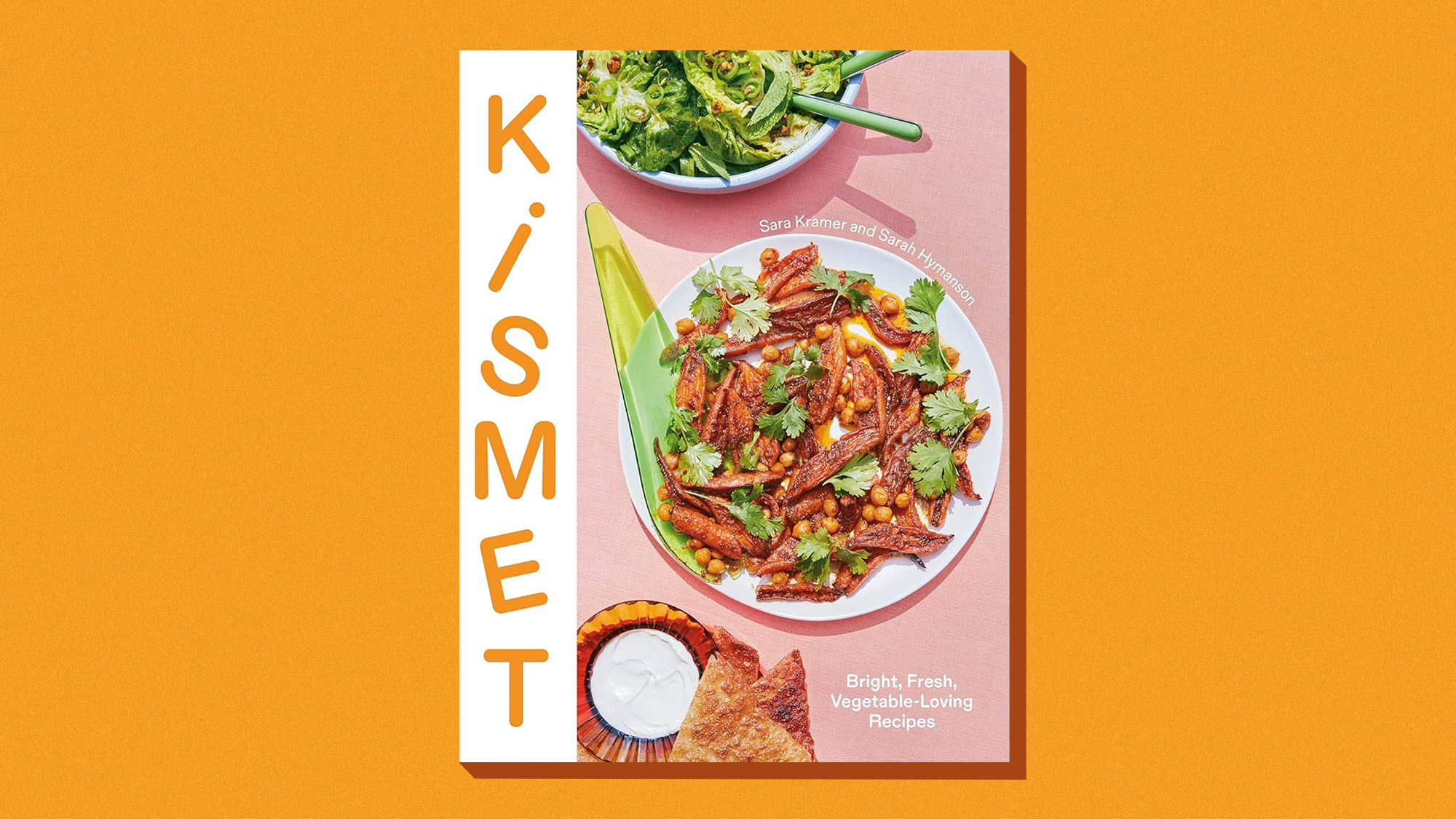Olive oil: alternatives for the 'liquid gold'
As the price of this store cupboard staple has rocketed, we look at ways to save and other oils to use for cooking

Like many other everyday foods, the price of olive oil has shot up in the past two years during the ongoing cost-of-living crisis.
These "eye-watering price increases" mean that the "average bottle has gone up by 89%", said The Observer. In 2022, a two-litre bottle of own-brand olive oil from a supermarket cost about £7, but "step into your local branch today" and it "will set you back more than £16".
And disappointingly, once prices have increased, they're unlikely to drop back to previous levels, so "even if inflation falls to zero, olive oil is unlikely to return to £6 a bottle".
The Week
Escape your echo chamber. Get the facts behind the news, plus analysis from multiple perspectives.

Sign up for The Week's Free Newsletters
From our morning news briefing to a weekly Good News Newsletter, get the best of The Week delivered directly to your inbox.
From our morning news briefing to a weekly Good News Newsletter, get the best of The Week delivered directly to your inbox.
The steep price rise has been caused by last year's summer, the hottest on record, which impacted olive groves across Europe, as did heat-related wildfires. As a result, shoppers are looking for ways to cut the cost of olive oil – by using a little less, or opting for a cheaper alternative.
As well as being "prized for its flavour" olive oil's popularity is "partly driven by its health credentials", said the BBC. A "cornerstone of the Mediterranean diet", it is credited with helping to "protect against heart disease and a range of other illnesses".
If health benefits are your primary concern, choose a cooking oil that's unrefined and labelled "virgin", "extra virgin" or "cold-pressed". Refined oils "have been processed and treated with chemicals to extend their shelf life and remove unwanted flavours and odours", said the BBC. This means they lose some of their healthy compounds, although they generally tolerate heat better than unrefined oils.
"When taste is an important element of the dish, you could substitute butter," said Life Hacker. Although "the end result won't be quite the same", the website admitted, "it's guaranteed to be delicious".
A free daily email with the biggest news stories of the day – and the best features from TheWeek.com
And if the olive oil taste "isn't a prominent feature" in the recipe, you can substitute it with a neutral-flavoured alternative such as rapeseed or sunflower oil, both of which are "cheaper and more readily available".
Generally, rapeseed oil "is a good replacement" for olive oil, said the BBC. When British-grown it has "lower carbon emissions from transportation than imported oil", and it's nutritious too. "Rapeseed oil is an unsaturated fat and high in monounsaturated fat," Victoria Taylor, a senior dietician at the British Heart Foundation, told the website. It is also "rich in vitamin E, as well as omega 3, 6 and 9 fats, which support brain, heart, and joint function", said the website.
If the olive oil is a "finishing element", however, and its taste is key to the dish, said Life Hacker, "it's probably best to splurge on the real deal, and to use it in judicious amounts".
Adrienne Wyper has been a freelance sub-editor and writer for The Week's website and magazine since 2015. As a travel and lifestyle journalist, she has also written and edited for other titles including BBC Countryfile, British Travel Journal, Coast, Country Living, Country Walking, Good Housekeeping, The Independent, The Lady and Woman’s Own.
-
 Striking homes with indoor pools
Striking homes with indoor poolsFeature Featuring a Queen Anne mansion near Chicago and mid-century modern masterpiece in Washington
-
 Why are federal and local authorities feuding over investigating ICE?
Why are federal and local authorities feuding over investigating ICE?TODAY’S BIG QUESTION Minneapolis has become ground zero for a growing battle over jurisdictional authority
-
 ‘Even those in the United States legally are targets’
‘Even those in the United States legally are targets’Instant Opinion Opinion, comment and editorials of the day
-
 One great cookbook: Sara Kramer and Sarah Hymanson’s ‘Kismet: Bright, Fresh, Vegetable-Loving Recipes’
One great cookbook: Sara Kramer and Sarah Hymanson’s ‘Kismet: Bright, Fresh, Vegetable-Loving Recipes’the week recommends The beauty and wonder of great ingredients and smart cooking
-
 Luke Larsson’s prawn and pomelo salad
Luke Larsson’s prawn and pomelo saladThe Week Recommends Pomelo-sweetened prawns meet spicy dressing and herbs in a sharp Thai salad
-
 A modern ‘Lord of the Flies,’ a zombie sequel and Jodie Foster’s first French-speaking lead role in January movies
A modern ‘Lord of the Flies,’ a zombie sequel and Jodie Foster’s first French-speaking lead role in January moviesthe week recommends This month’s new releases include ‘The Plague,’ ‘28 Years Later: The Bone Temple’ and ‘A Private Life’
-
 How to rekindle a reading habit
How to rekindle a reading habitThe Week Recommends Fall in love with reading again, or start a brand new relationship with it
-
 11 hotels opening in 2026 that will move you to reconnect with nature
11 hotels opening in 2026 that will move you to reconnect with natureThe Week Recommends Find peace on the beaches of Mexico and on a remote Estonian island
-
 January’s books feature a revisioned classic, a homeschooler’s memoir and a provocative thriller dramedy
January’s books feature a revisioned classic, a homeschooler’s memoir and a provocative thriller dramedyThe Week Recommends This month’s new releases include ‘Call Me Ishmaelle’ by Xiaolu Guo, ‘Homeschooled: A Memoir’ by Stefan Merrill Block, ‘Anatomy of an Alibi’ by Ashley Elston and ‘Half His Age’ by Jennette McCurdy
-
 Doreen Williams-James’ prickly pear juice recipe
Doreen Williams-James’ prickly pear juice recipeThe Week Recommends Jewel-toned, natural juice is a thirst-quenching treat
-
 8 incredible destinations to visit in 2026
8 incredible destinations to visit in 2026The Week Recommends Now is the time to explore Botswana, Mongolia and Sardinia